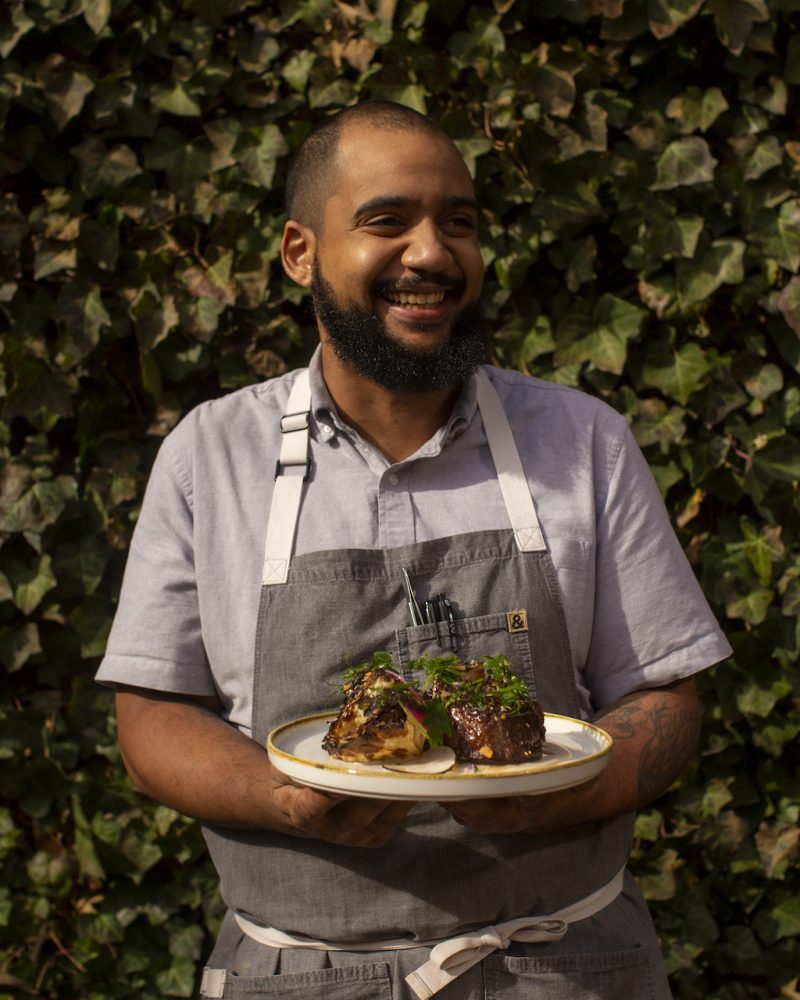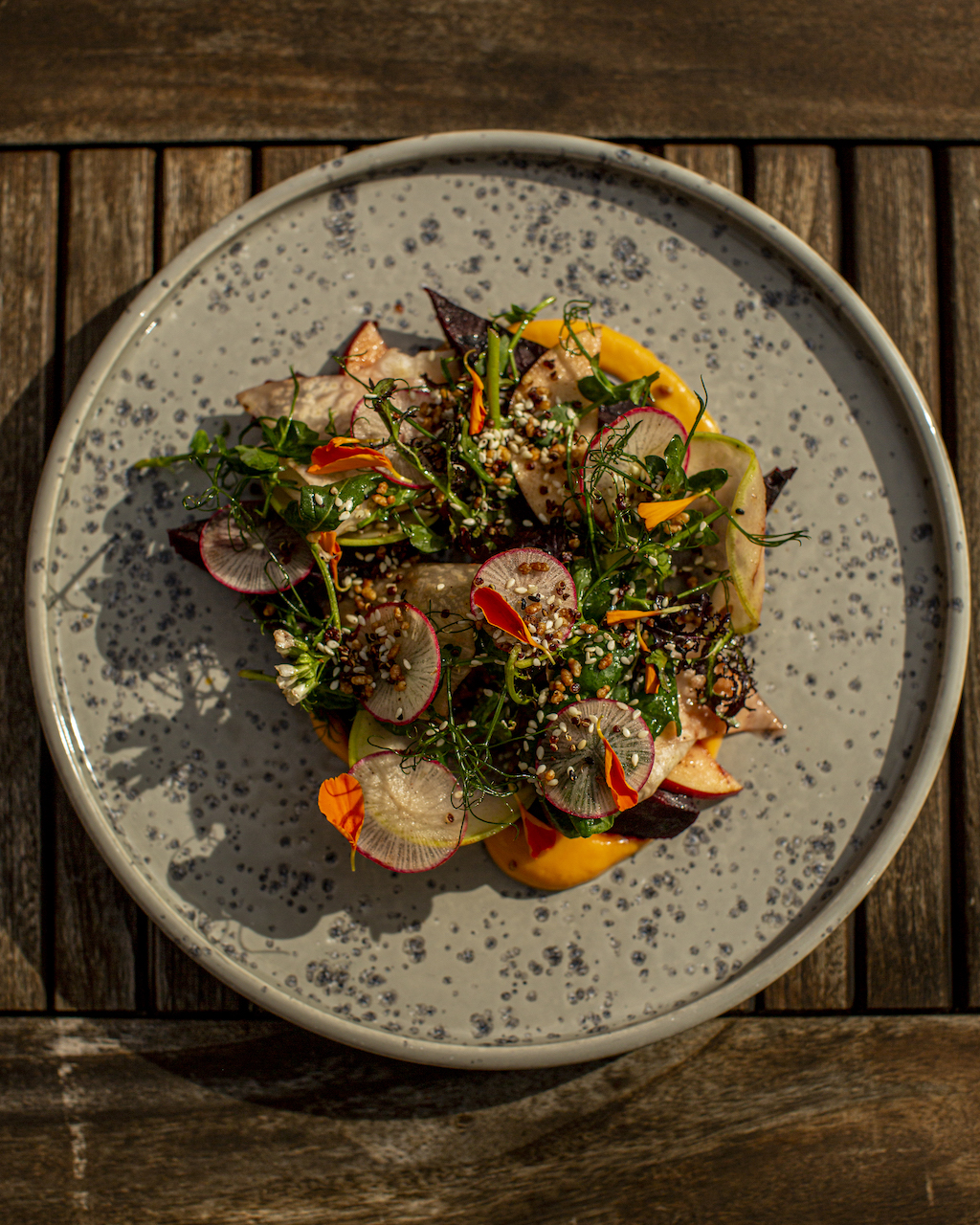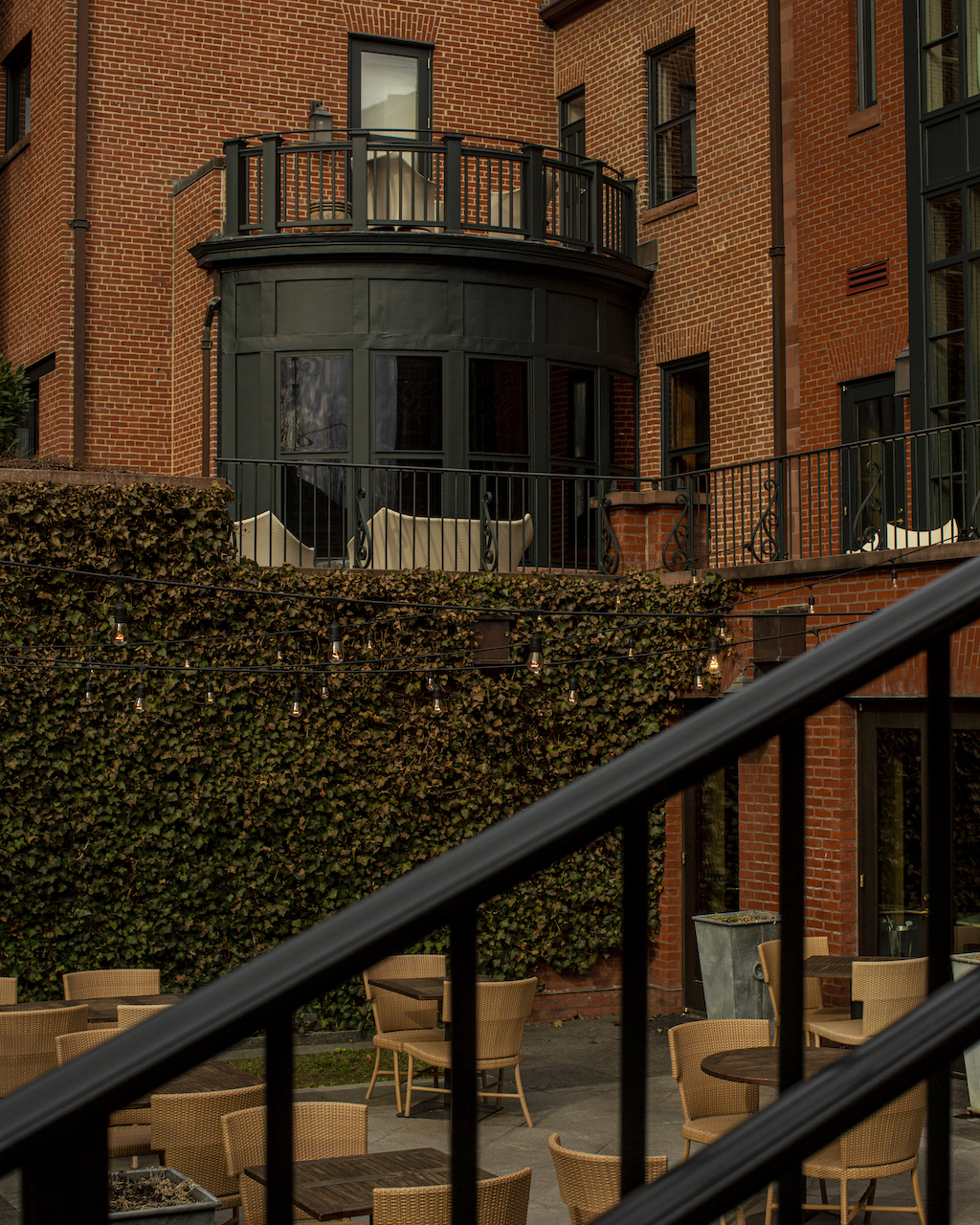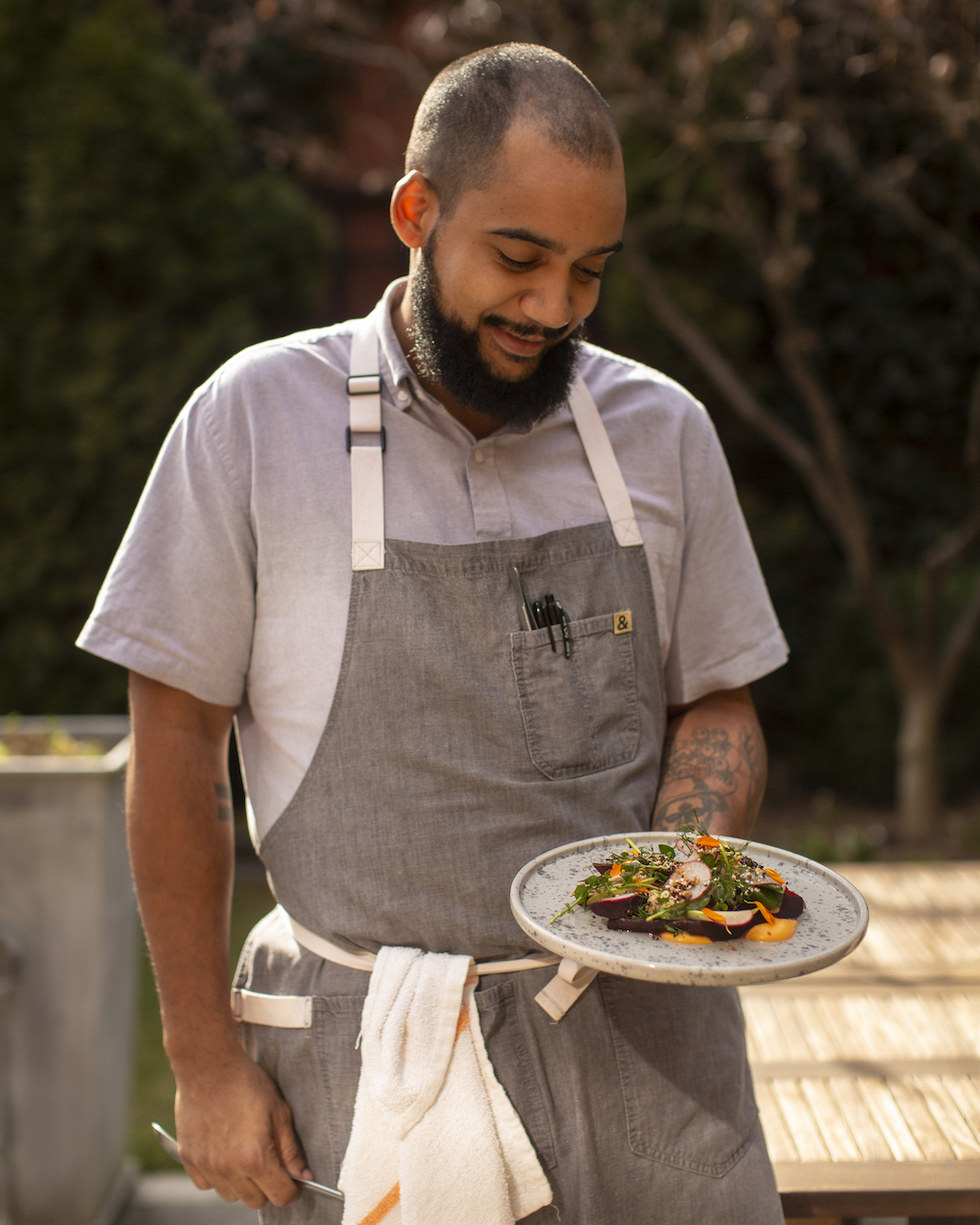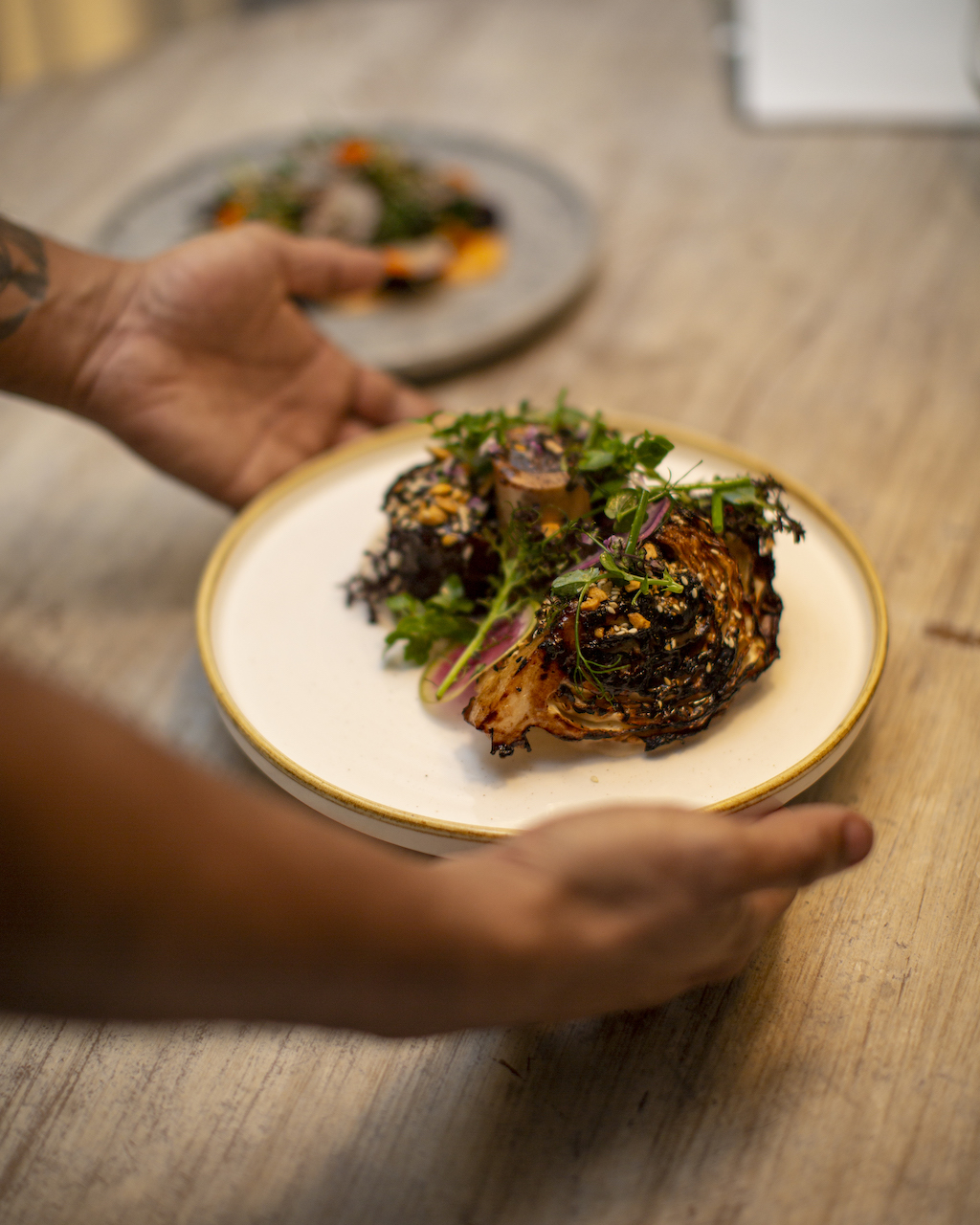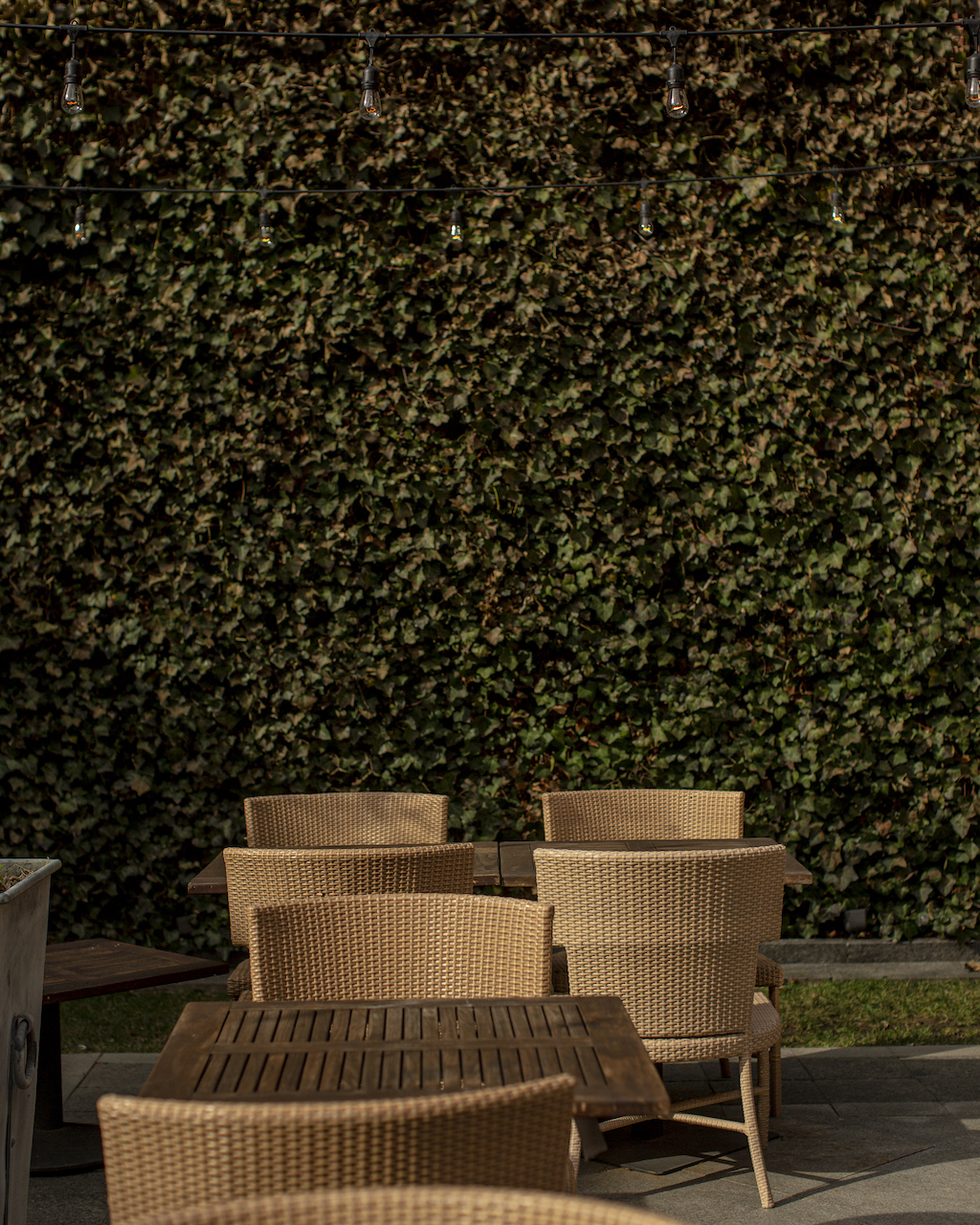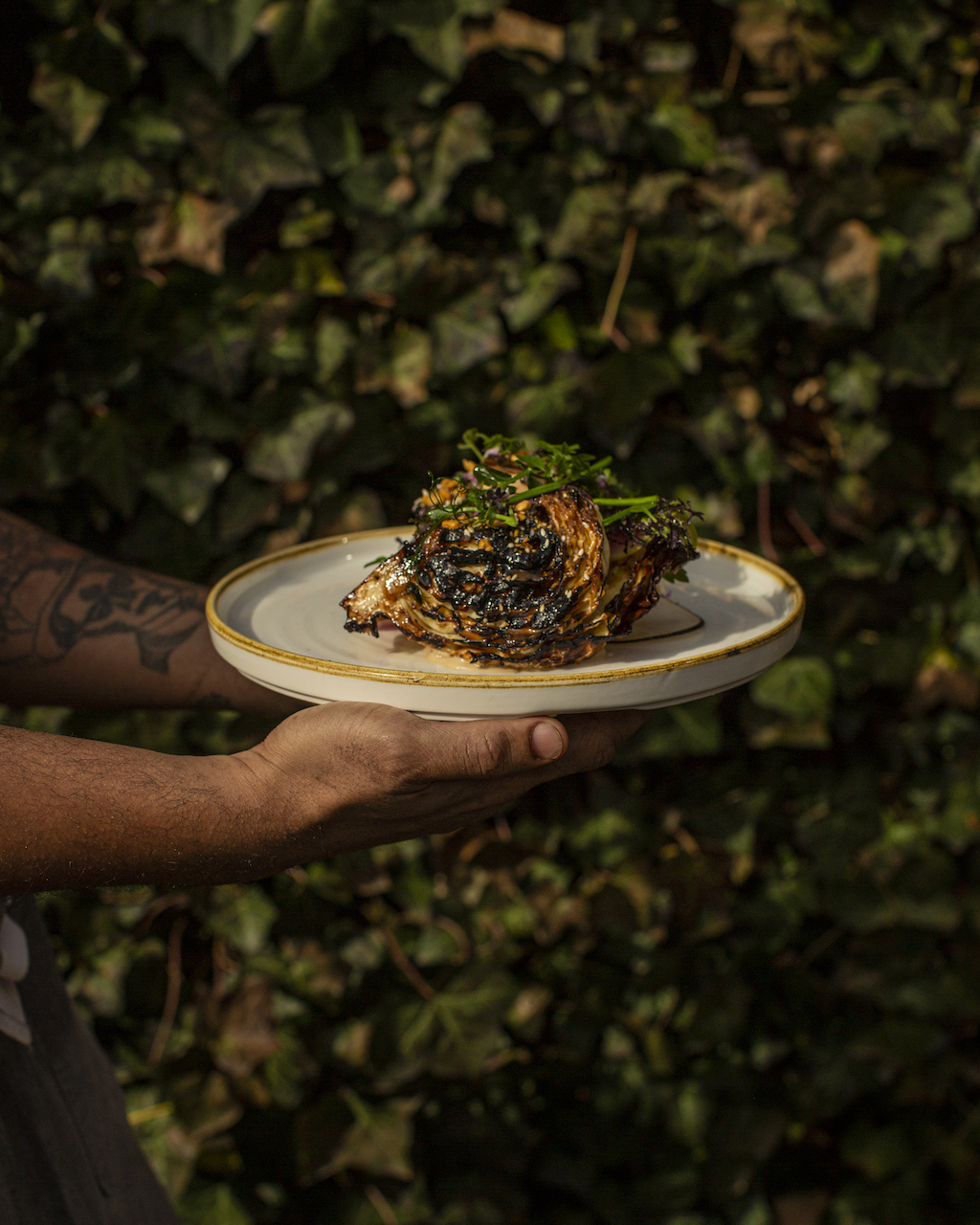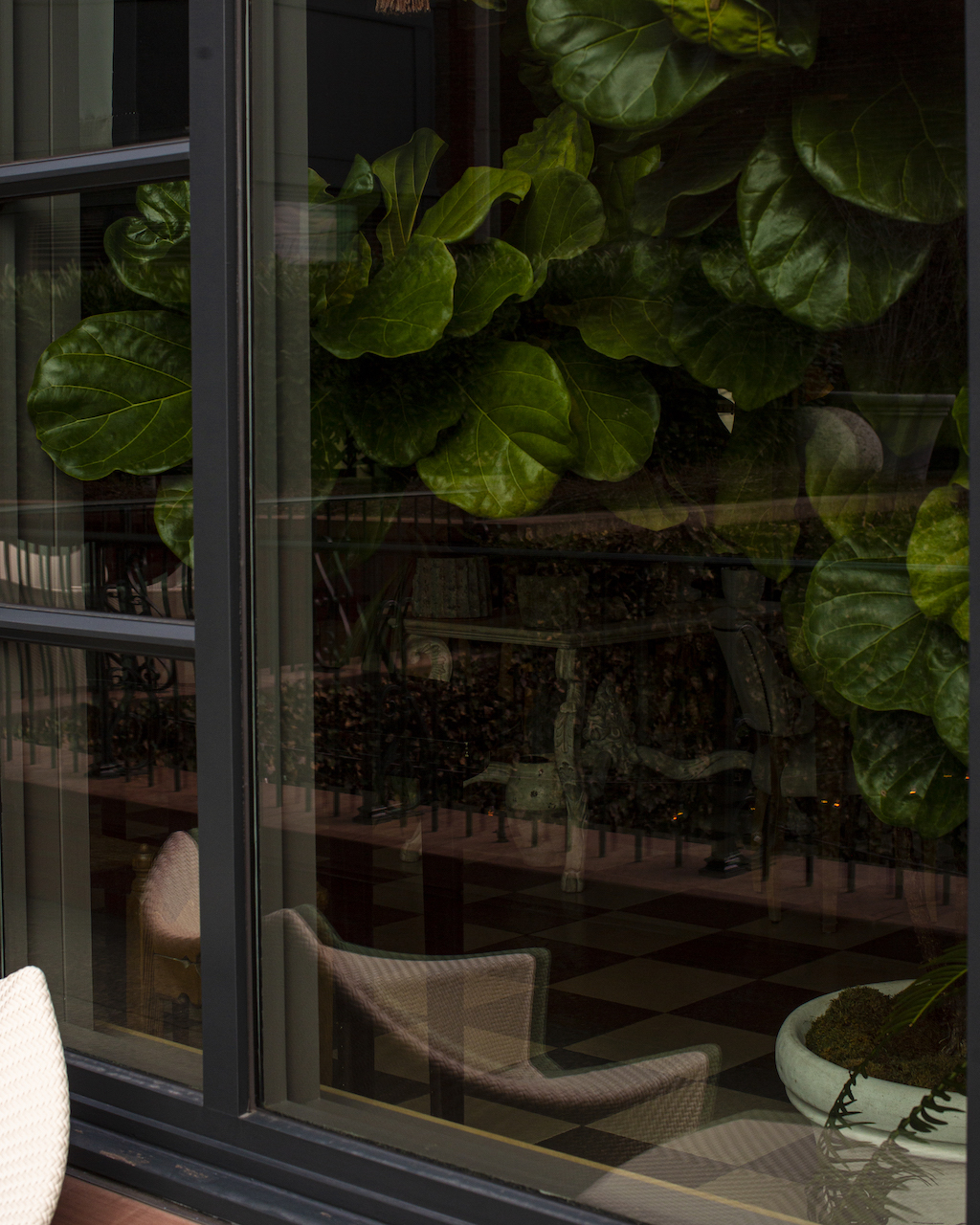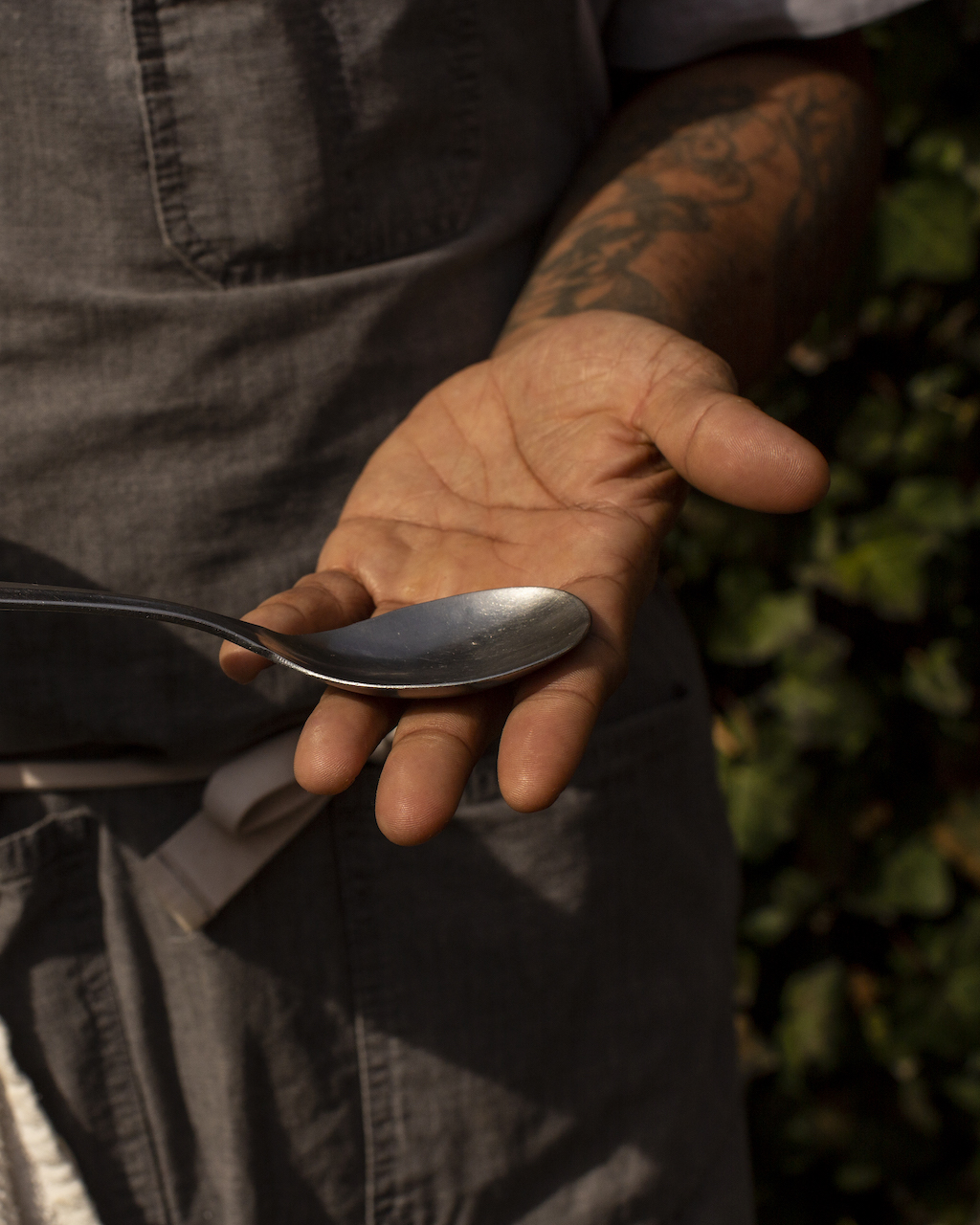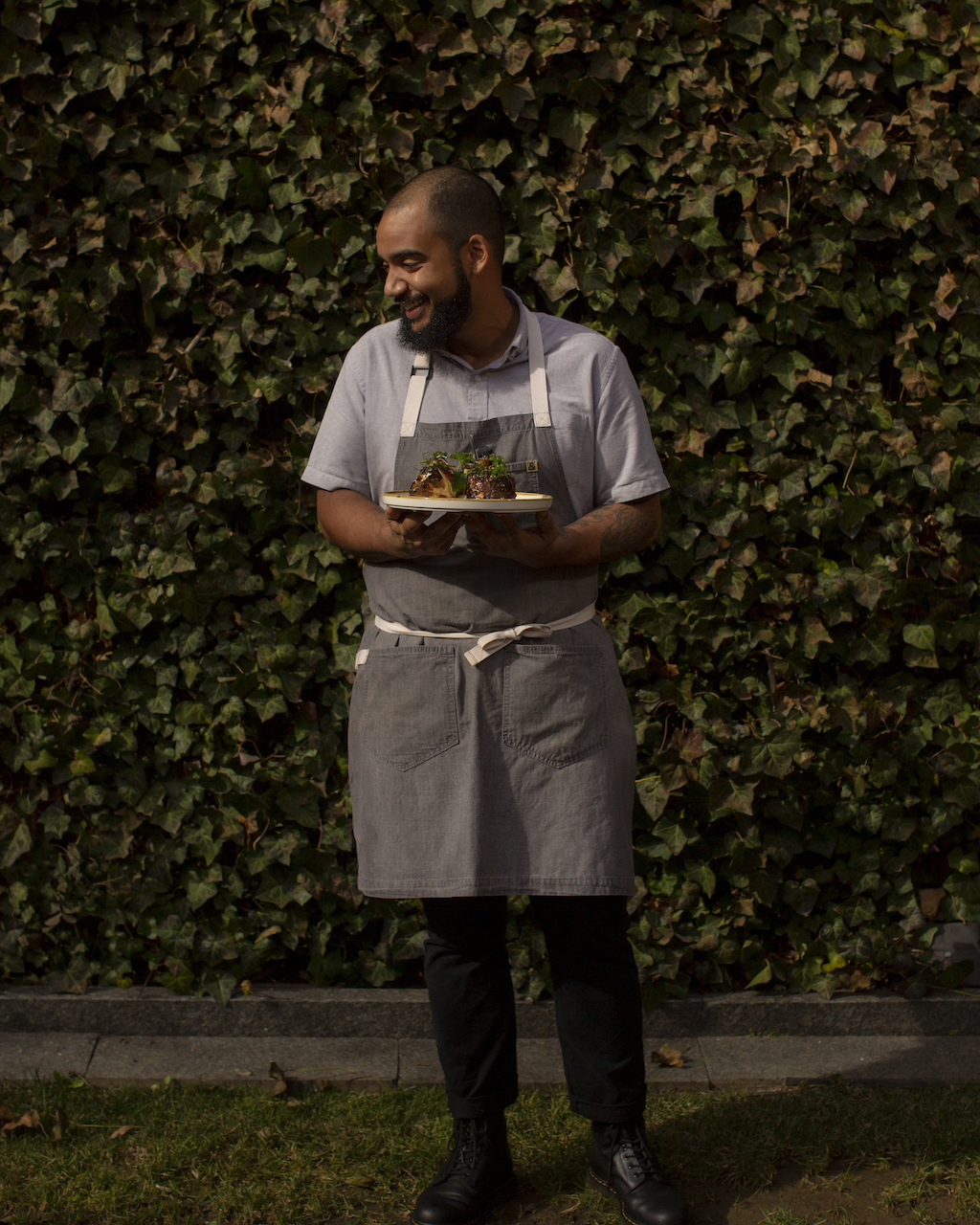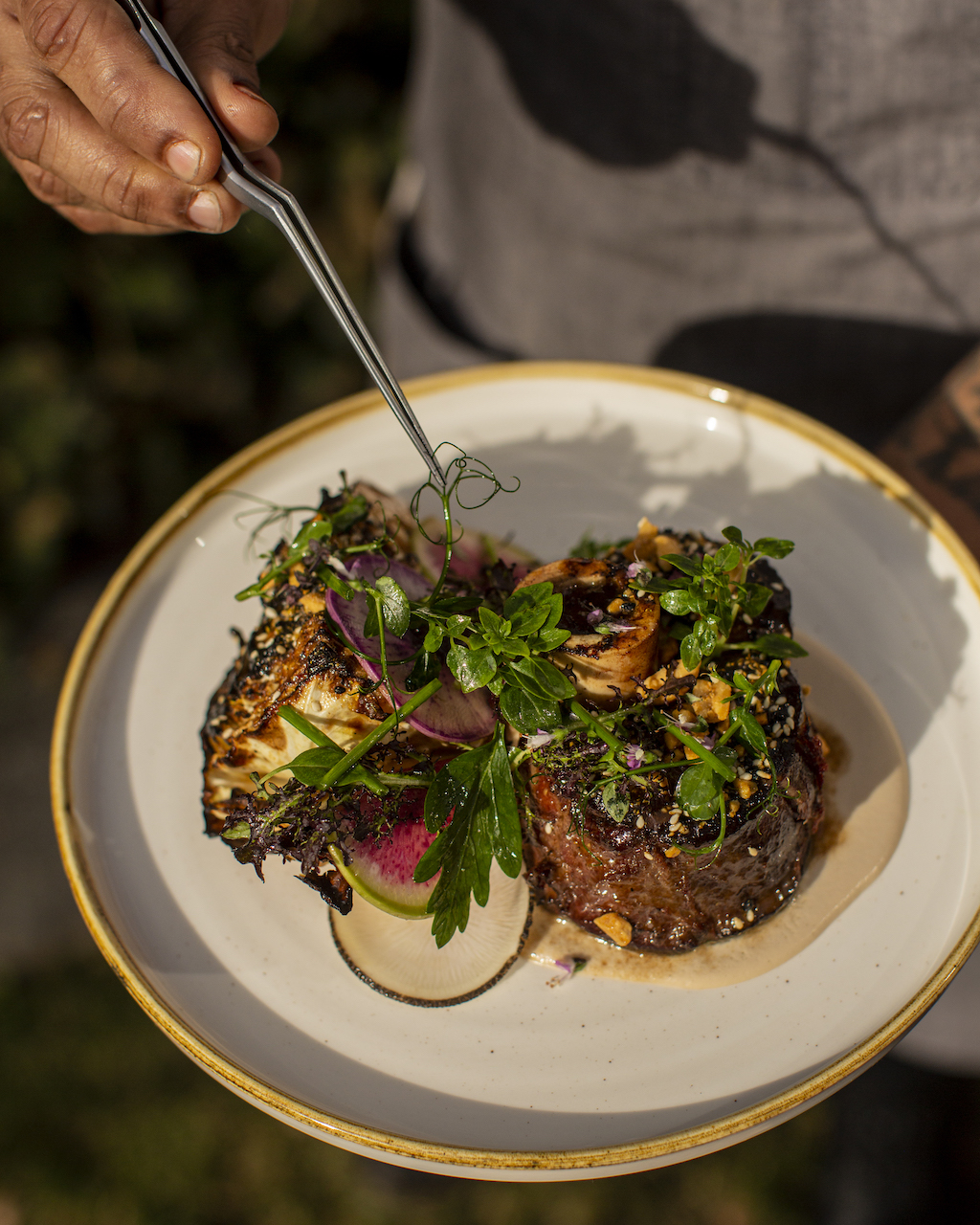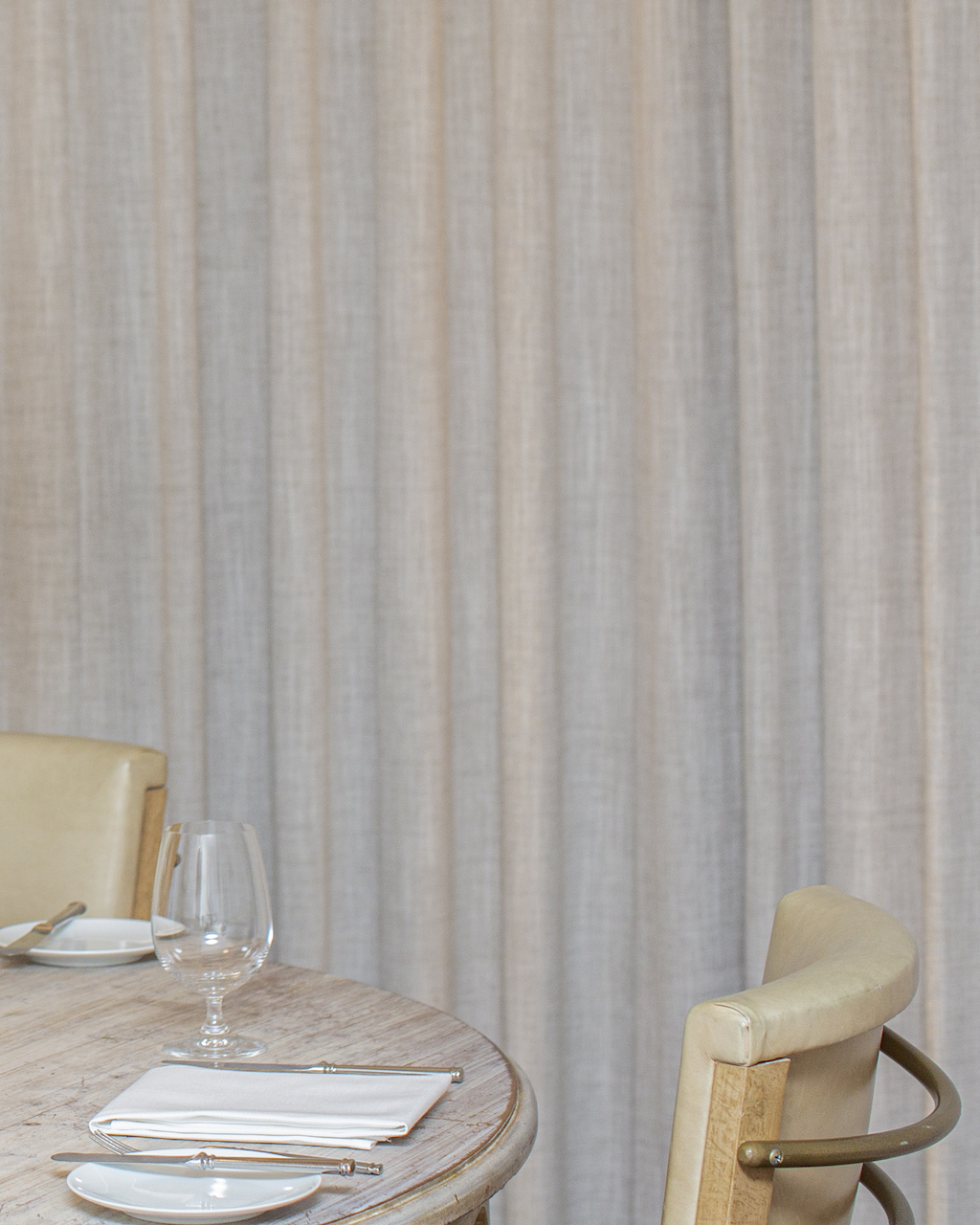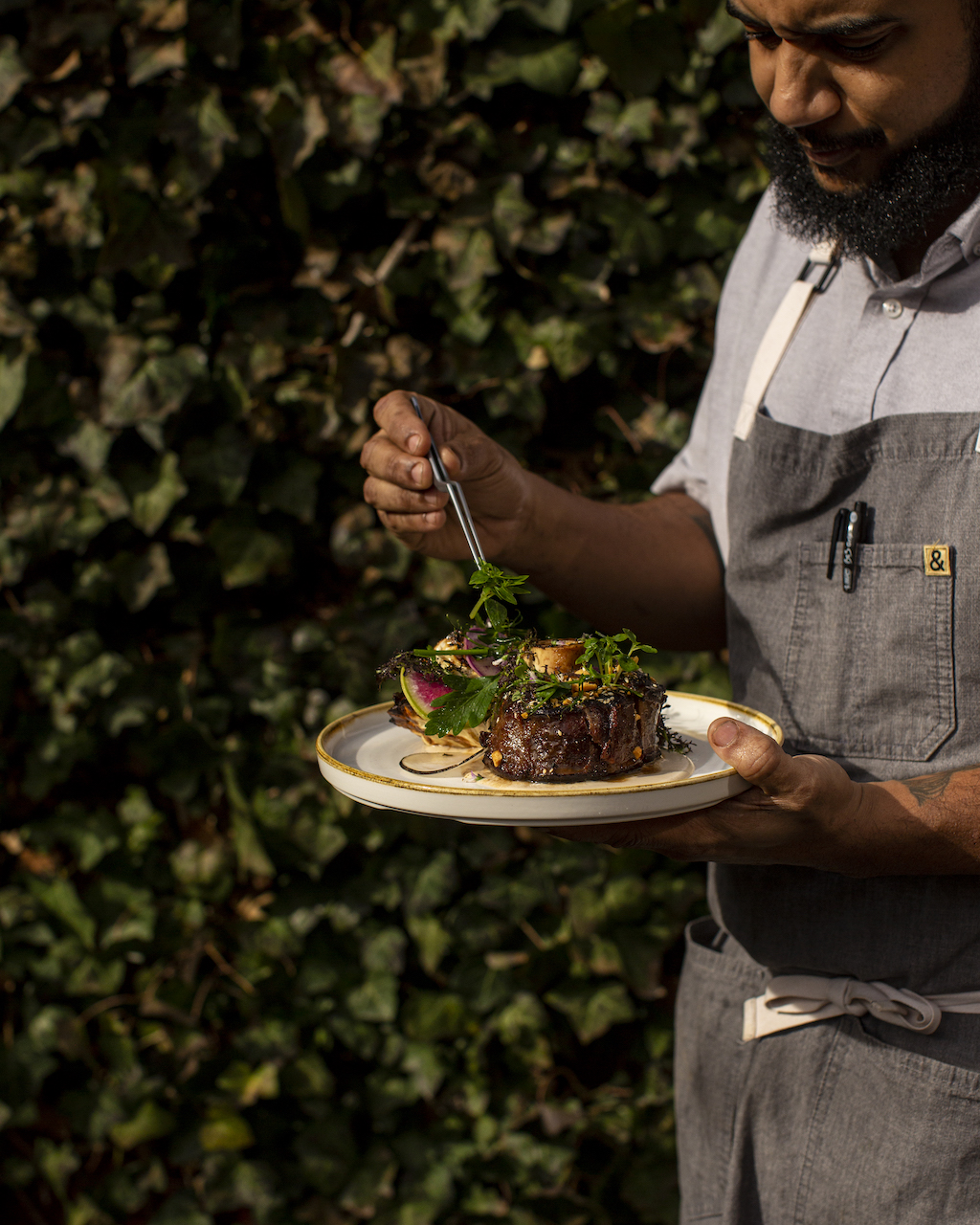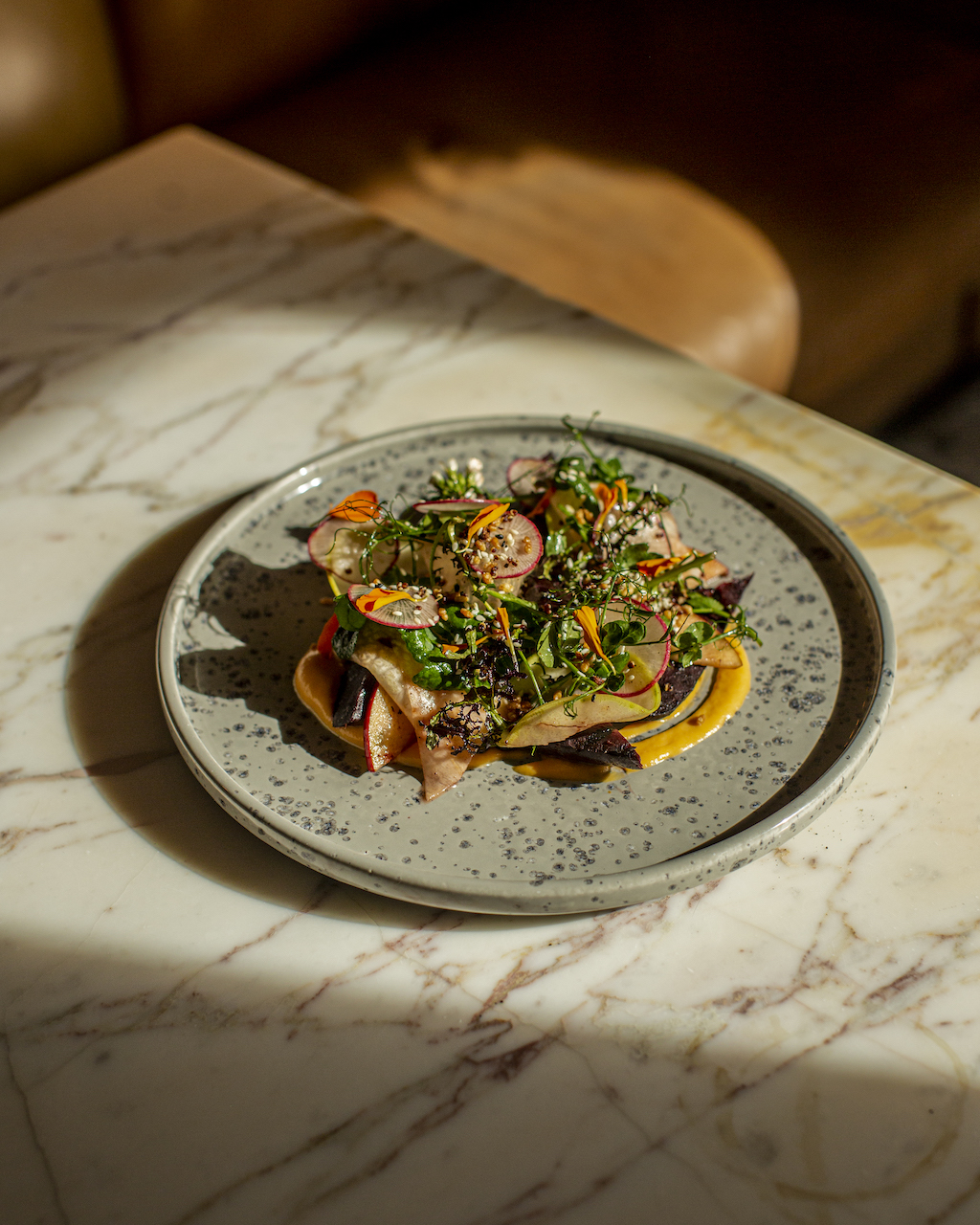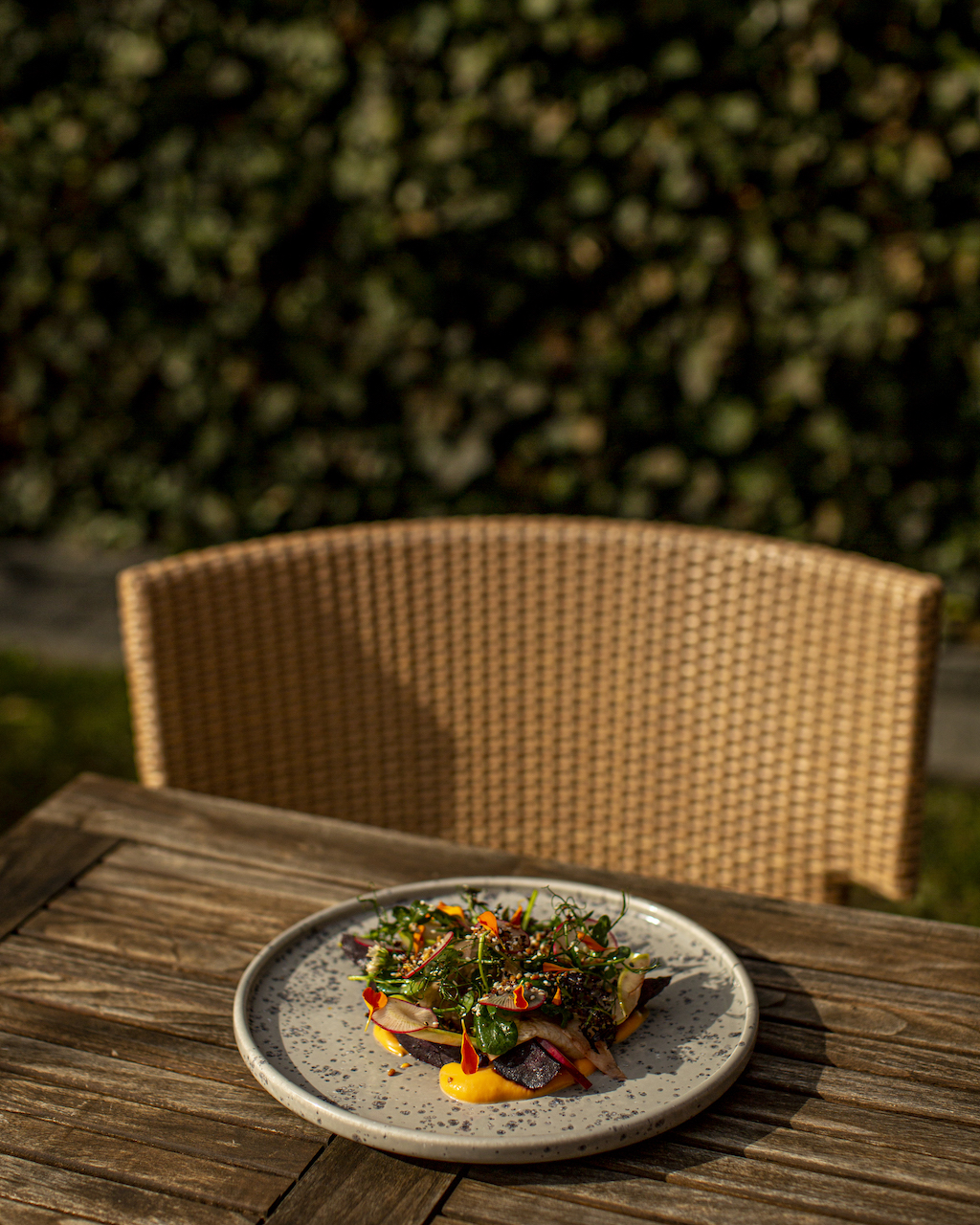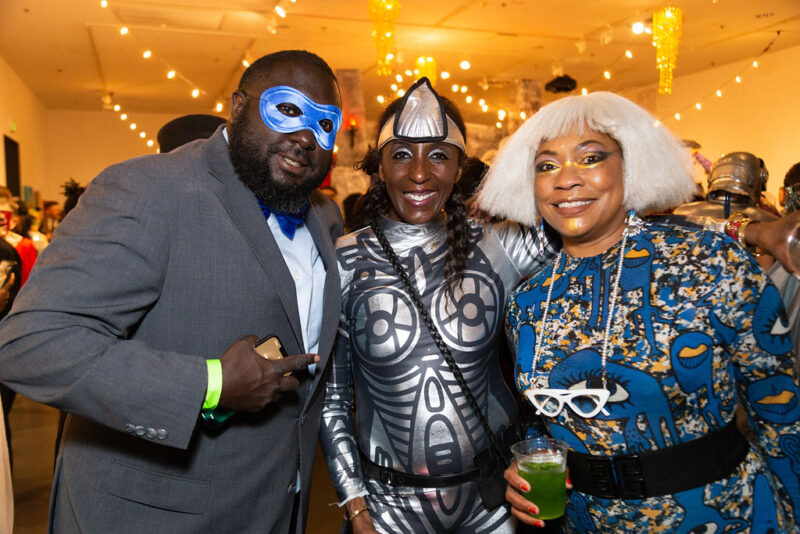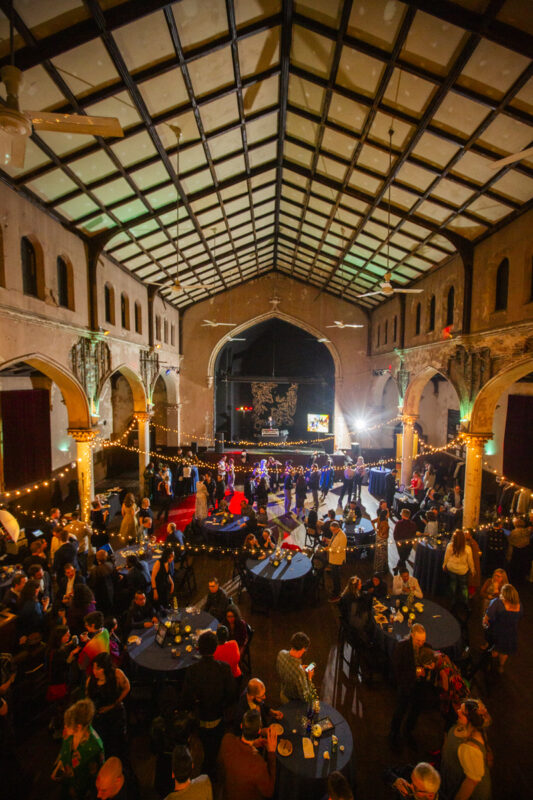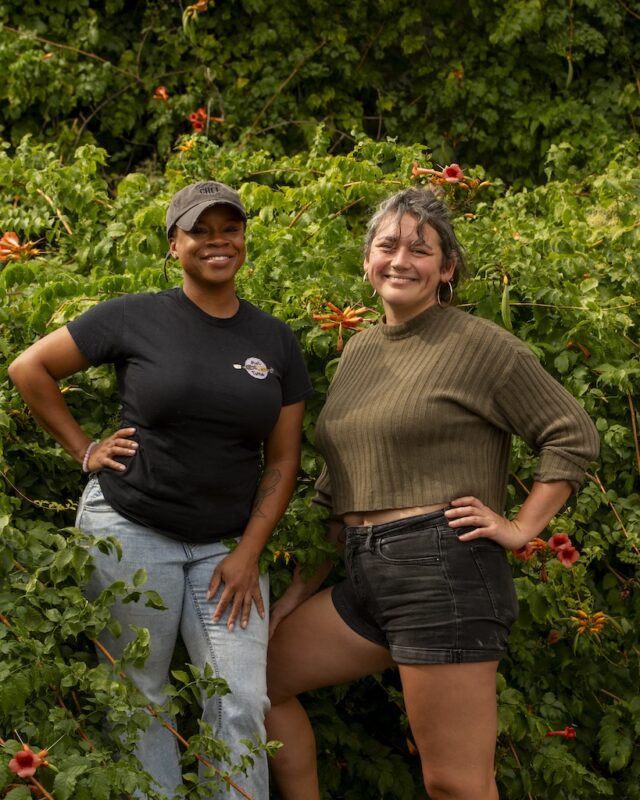Chef Scott Bacon, executive chef of Magdalena, a Maryland bistro, wants the world to know that Baltimore is setting the table. “In Baltimore we are really pushing to be world-class in our hospitality industry. We have a place, and we do belong in the cosmopolitan world of cooking in America,” Bacon shared with me over a cup of coffee in early December.
Chef Scott Bacon grew up in Columbia, Maryland, in a mixed-race global family. His mother’s family is British and his father is from Ellicott City, with family sprawling south into the Carolinas. European, Mid-Western, and Southern influences seeped into his life from childhood. It was his grandfather, well-traveled from his time in the Air Force, who attempted to explain white privilege to him at a young age.
“My white grandfather was the one that [said] because I’m Black I would have to be twice as good as the person next to me in order to achieve,” he recalls. The conversation influenced his ambition and dedication in his 13-year career from his beginnings as a line cook to his current roles as Magdalena’s first Black executive chef. Magdalena, located on the ground floor of the Ivy Hotel on the residential corner of Biddle and Calvert Street, highlights the plentiful bounty sourced from the Chesapeake Bay watershed.
Initially opened in 2015, Magdalena pivoted in 2020 from fine dining to a bistro model that focused on local sourcing and accessibility. The change, like so many recently, was an evolution in response to challenges brought on by the COVID-19 pandemic. Chef Scott took on the role of executive chef in 2021 and continues to execute a seasonal menu sourced from mainstay farmers and producers of the area, emphasizing Maryland dishes.


